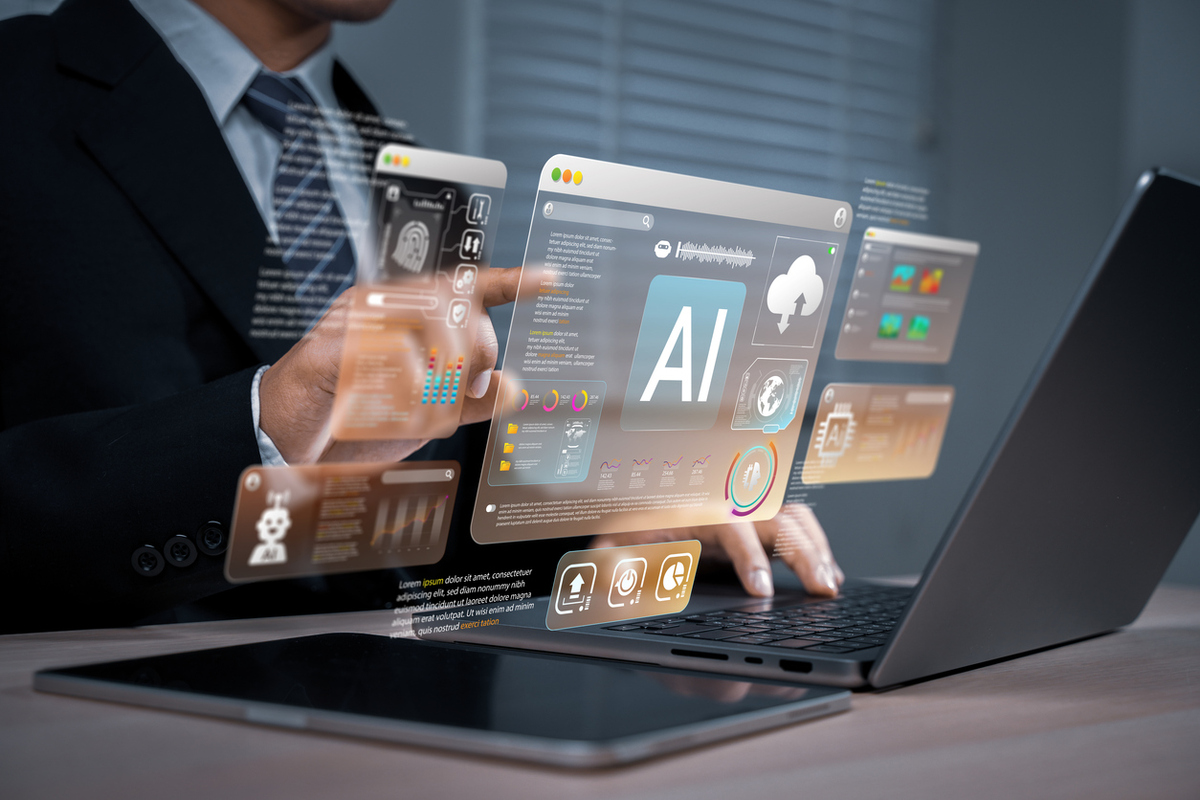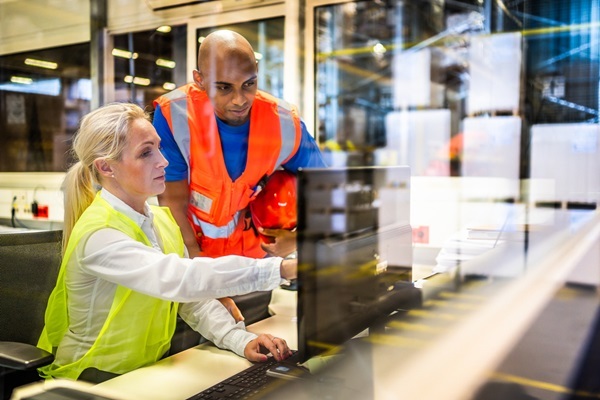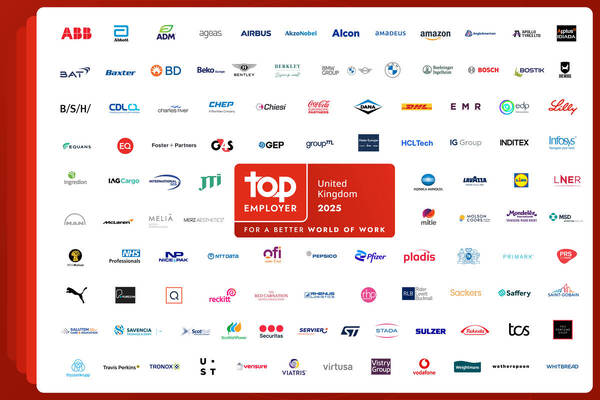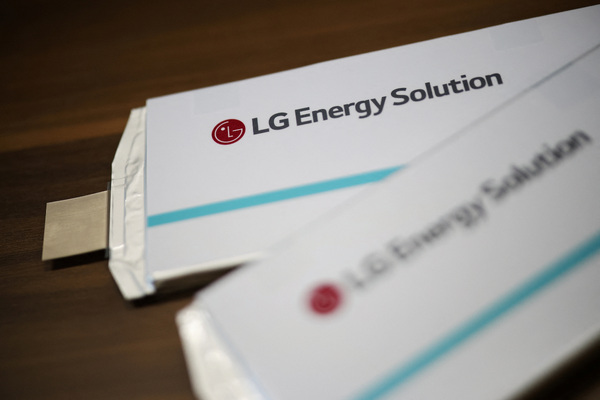Revolutionising SME recruitment and workforce planning: get a competitive edge with AI and talent intelligence
Sponsored by Instant Impact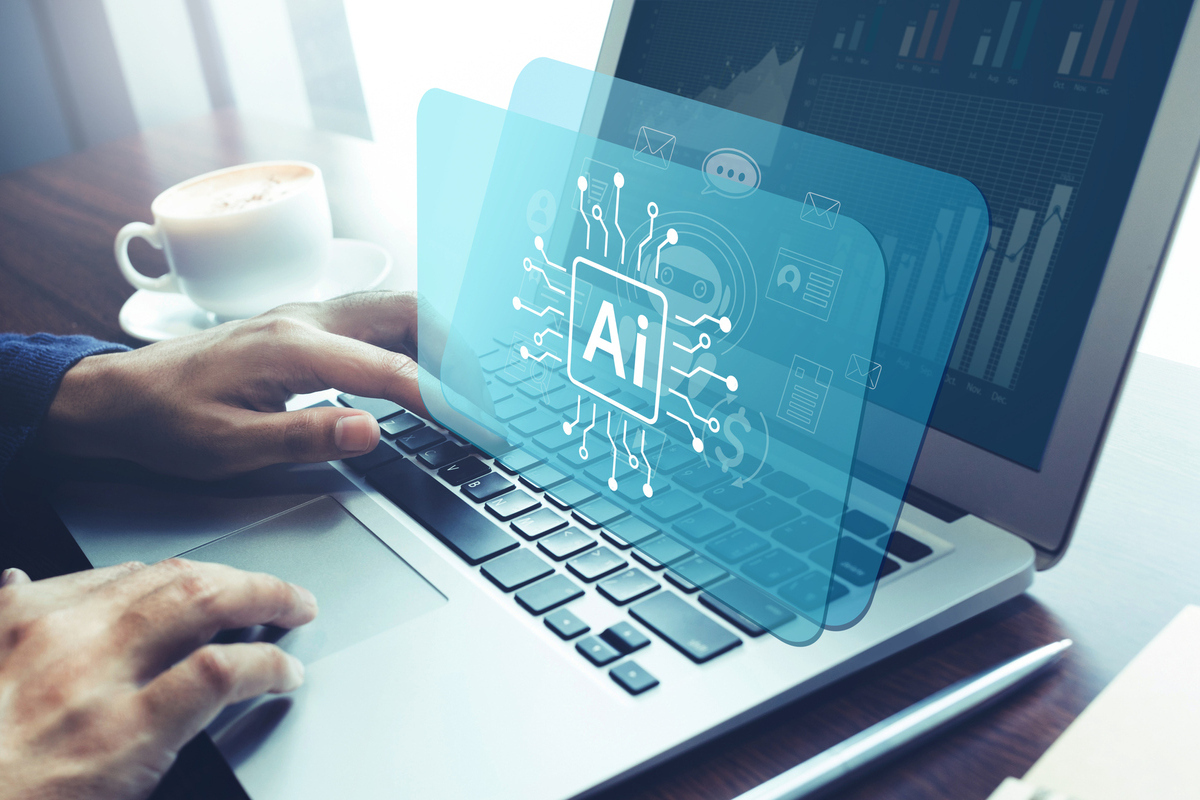
Securing top talent is one of the key issues keeping the modern business leader up at night. Attracting and retaining that talent, aligning employee goals with business objectives, and succession planning are crucial to success. AI-enabled technology offers SMEs an unprecedented opportunity to supercharge their recruitment processes, and by harnessing the power of new technologies, enables them to compete on a global scale.
Democratising recruitment through technology
The latest technological developments are levelling the playing field for SMEs. AI and talent intelligence (TI) platforms have effectively dismantled many of the barriers that once separated them from their larger counterparts. These powerful engines are democratising capabilities that were previously only possible for organisations with huge budgets.
Take Blockbuster and Netflix. Netflix leveraged data and analytics to personalise content recommendations, while Blockbuster clung to outdated models. AI and talent intelligence are reshaping traditional paradigms of recruitment and workforce planning, enabling companies to identify, attract and retain top talent with newfound efficiency.
It’s good news for SMEs, which have been feeling the strain. The weak economy and higher energy prices have piled on the pressure. Added to these challenges are significant people issues: SMEs face widespread skilled labour shortages, and the workforce has become increasingly transient. But data and analytics offer a real opportunity for SMEs to jump ahead, think more strategically and focus on added value.
Leave the mundane jobs behind
Recruiters spend an estimated 30 to 40 per cent of their time on low-value administrative tasks, from scheduling to putting together interview notes, writing recommendations to hiring managers and creating job descriptions. Imagine liberating that time to focus on higher-value jobs, such as marshalling a candidate through the candidate journey, or having impactful strategic conversations with business leaders.
At Instant Impact, we’re already using data to improve our clients’ recruitment and enrich the recruitment process from the beginning. We’re looking at where AI and automation can save time and act as a co-pilot, to make sure that everything’s done to as high a quality as quickly as possible.
You need to adopt a strategic approach that leverages technology where it excels, and taps into human input where it shines brightest.
Combining AI with the human touch
It’s true that AI is no replacement for the human touch. In recruitment, functions or activities that are better performed by people will remain, even if the technology exists. Working with hiring managers, having difficult conversations, salary negotiations and helping people to develop their career. All areas where, even if there was an amazing technological solution, you would still prefer a human in charge. The guiding principle is simple yet profound: AI technology can replace tasks that demand precision and analysis, but there is still a need for human insight in areas requiring empathy, creativity and strategic thinking.
Our team’s biggest skill set is relationship building and understanding which people will be a best fit within different roles. Technology should be used as a tool to free up recruitment teams to tackle higher-value work. For example, while taking a brief from a hiring manager, AI should take notes so you can focus on understanding the role and building relationships with key stakeholders.
Creating value through data
While AI is changing the scope of roles, particularly for lower-value tasks, talent intelligence allows SMEs to better understand the dynamics of talent so they can compete effectively. Our recent research shows that 75 per cent of HR professionals and business leaders believe TI will play an even more crucial role in the recruitment process within the next five years, as well as contributing to broader business strategy.
Tools such as Stratigens, Talent Neuron or Horsefly, empower HR, recruiters and the business with data-driven insights that foster meaningful dialogues with leaders and allow them to understand competitors’ hiring trends, identify prime talent hubs for potential expansion, and highlight the skills that they should future proof.
TI also delves into the dynamics of talent markets and illuminates the motivations of potential candidates, aiding SMEs in constructing compelling employer value propositions tailored to each segment, and helping organisations become more attractive to candidates. Using talent intelligence, we create “competitor battle cards”, which gives our clients intelligence on where their competitors are hiring and their business strategy.
There’s no doubt that future of SME recruitment and workforce planning lies in combining data and human expertise. There’s much good that modern technology can bring to the recruitment process, and business leaders and their HR teams need to start thinking about how they can use it to their advantage. Embracing AI and TI will empower SMEs to challenge their larger counterparts, helping to drive innovation and growth and secure a competitive advantage.
To find out more about how you can use AI and TI to transform your workforce planning, contact Instant Impact today.
Click here to register to be one of the first to receive a copy of our report on disruptive tech in recruitment
Felix Mitchell, Co-CEO, Instant Impact

Business Reporter Team
Most Viewed
Winston House, 3rd Floor, Units 306-309, 2-4 Dollis Park, London, N3 1HF
23-29 Hendon Lane, London, N3 1RT
020 8349 4363
© 2025, Lyonsdown Limited. Business Reporter® is a registered trademark of Lyonsdown Ltd. VAT registration number: 830519543


